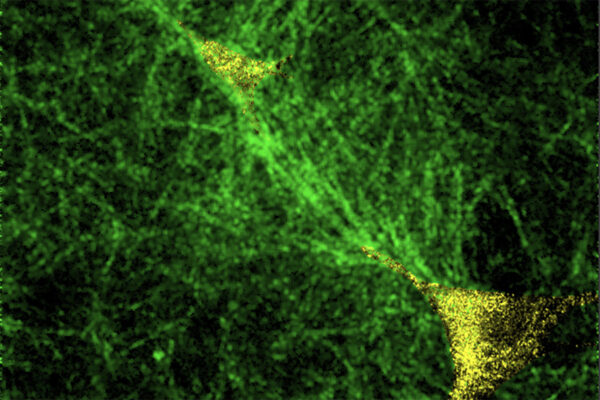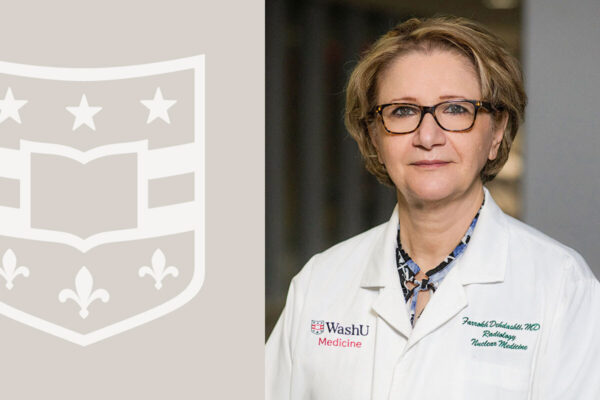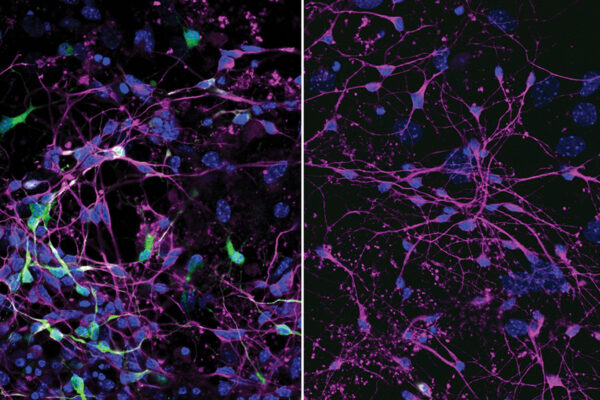Prime time for fiber optics to take a deep dive into brain circuits
A group of researchers from Washington University in St. Louis has created a new kind of fiber-optic device to manipulate neural activity deep in the brain.
New center to develop AI-based imaging tools to improve diagnosis, care
WashU Medicine Mallinckrodt Institute of Radiology is establishing the Center for Computational and AI-enabled Imaging Sciences, in partnership with WashU’s McKelvey School of Engineering, to improve the diagnosis and precision treatment of cancers, cardiovascular disease, neurological diseases and numerous other conditions.
Tissue ‘tipping points’: How cells collectively switch from healthy to disease states
In recent research, Guy Genin, a biomedical engineer at Washington University in St. Louis, has identified phase transitions in living tissue that could explain why fibrosis suddenly accelerates.
Toward a safer world by 2040
National experts — including WashU’s Sandro Galea — call for rethinking firearm violence as a preventable public-health crisis and investing in community, technology and research to create lasting safety.
Americans trust their doctors, but doubt the system
The People’s Report Card, released by WashU’s QuEST Center and School of Public Health, grades U.S. health care on quality, cost, confidence and leadership.
$3 million grant funds research on mental health challenges of Alzheimer’s
Ganesh Chand, an assistant professor at WashU Medicine Mallinckrodt Institute of Radiology, will study why some Alzheimer’s patients experience neuropsychiatric symptoms such as apathy and depression.
Dehdashti honored by radiological society for outstanding research
Farrokh Dehdashti, MD, the Drs. Barry A. and Marilyn J. Siegel Professor of Radiology at WashU Medicine Mallinckrodt Institute of Radiology, has received the Radiological Society of North America’s 2025 Outstanding Researcher Award.
Discovery of viral entry routes into cells points to future prevention, treatment strategies
Researchers at WashU Medicine have identified central routes that two deadly viruses take to invade human cells and designed “decoy” molecules to block the infections.
To address gun violence, focus more on people than on guns
When it comes to curbing gun violence in America, the field of public health should consider focusing less on the guns themselves and more on the human emotions that make people reach for guns in the first place, says a researcher from the Brown School at Washington University in St. Louis.
WashU Medicine elevates Aagaard, Zehnder to expanded education leadership roles
WashU Medicine deans Eva Aagaard, MD, and Nichole Zehnder, MD, have been promoted to assume greater roles leading the Office of Education’s efforts to train the next generation of health and science professionals. Their promotions take effect Nov. 1.
Older Stories









